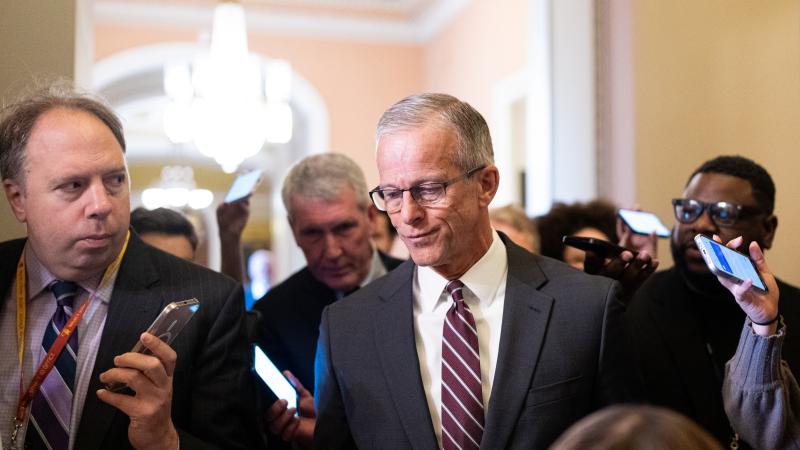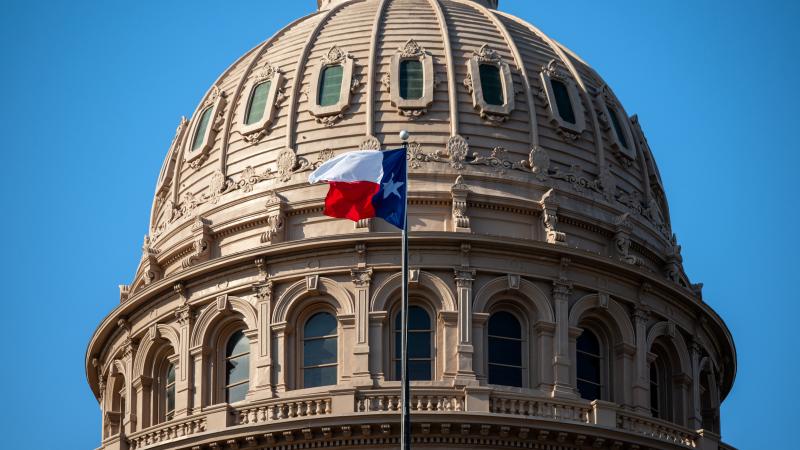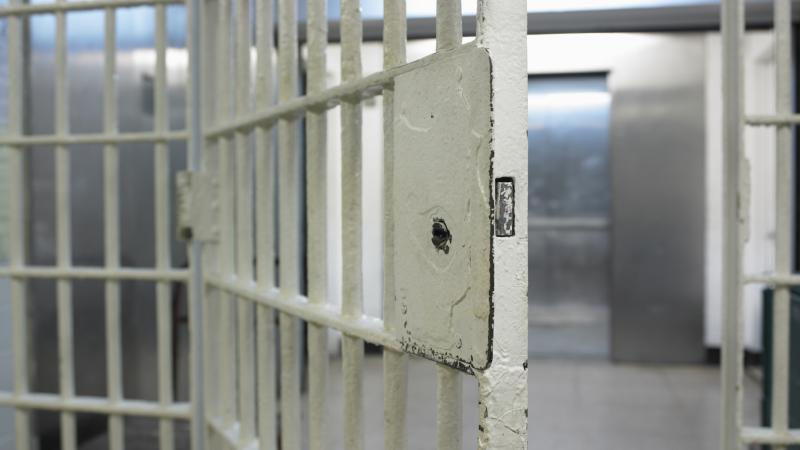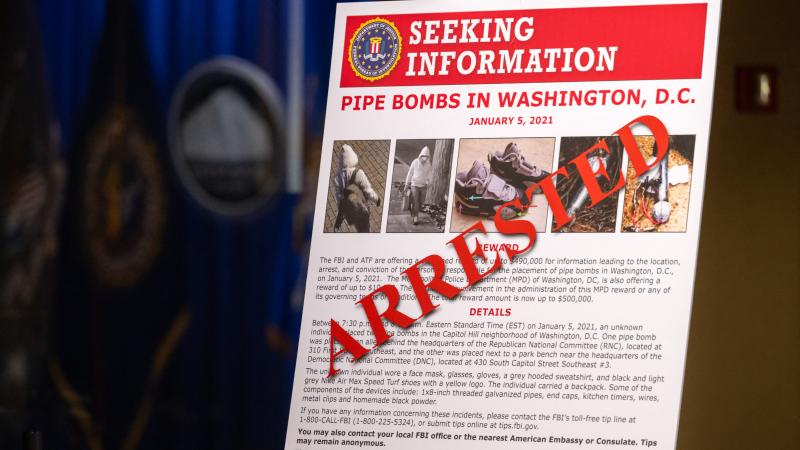Have race relations gotten worse over the past decade?
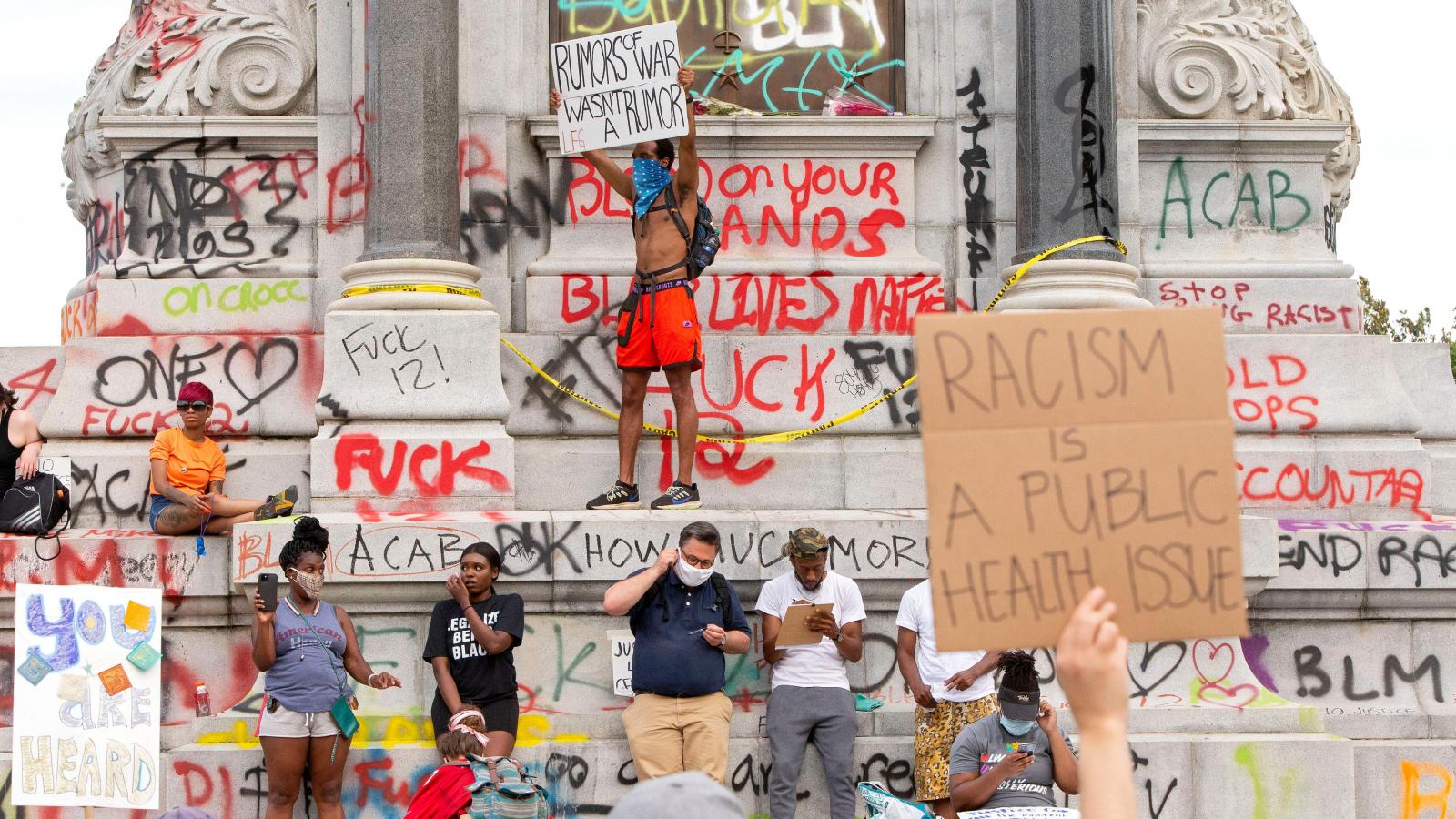
Why it will take more than just good policies to solve civil rights issues.
Full transcript:
Scott Rasmussen 0:07
Good morning, Scott Rasmussen here. Welcome to my podcast: Scott Rasmussen's Number of the Day. In recent weeks, racial tensions have erupted again in our country and civil rights issues have forced their way back into the national dialogue, in a way they haven't for a very long time. In fact, we're probably talking about civil rights issues more today than at any time since the great civil rights movement of the 1960s. And, you know, after some polling I talked about last week's show that civil rights issues are the number three issue on voters minds behind only the economy and healthcare and that's, that's a pretty remarkable statement in the midst of an economic crisis and a healthcare pandemic. So, civil rights issues, very, very important. Today's number is going to help us explore a little bit of why they are so difficult to solve and why it will take more than good policies to solve them. The number comes from a poll I conducted for JustTheNews.com. It's 36. 36% of voters nationwide believe the United States is more racist today than it was a decade ago. In other words, things have gotten worse. 36% believe race relations have gotten worse over the past decade. Only 23% think they've gotten better. And 37% are saying, 'yeah, you know what, not really all that much has changed.' In the B Block, I'm going to talk about why these underlying attitudes ensure that these issues are going to be with us for a very long time. In fact, for generations, hopefully we will make a lot of progress in the next couple of years and hopefully we will make continued progress to get closer to living up to our national ideal of all of us being created equal. But, we do have to recognize that it's going to be a slow process, because of the way human nature works. Now, that's the B Block. While you're waiting for that, you might want to take a moment and share this with your friends. Subscribe to my podcast, Scott Rasmussen's Number of the Day. And I'll be back with a personal story about how I relate to the time aspect of this right after this.
Scott Rasmussen 2:30
Welcome back to Scott Rasmussen's Number of the Day. I'm Scott, and today's number is 36. 36% of voters nationwide believe the United States is more racist today than it was a decade ago. Just 23%. think we've made progress over that time. And, unfortunately, but not surprisingly, there's a big racial divide on these questions and 56% of black voters say, yeah, America's more racist today. Just 30% of white voters agree. Now, look, I think the primary reason, the primary factor driving this is Donald Trump is president rather than Barack Obama. To a lot of people during the Obama era, especially a lot of Democrats, there was a belief that the Republicans probably couldn't elected president for a generation. And they certainly couldn't elect somebody with the views of a Donald Trump. Hillary Clinton famously called Trump supporters 'deplorables.' And I think there was a real shock to the system, to a lot of Americans on the political left and certainly to African Americans. The idea that there were enough of those 'deplorables' to elect someone president. People on the right tend to look at this and say, 'you know, what are they talking about? We're making progress. No, things are perfect, but they're better than they were 50 years ago. They're better than they were before that. We're moving in the right direction. And sometimes you get in These arguments and people want to start talking about facts, you know about the way police are dealing with different aspe- different people or economic progress or something else. But this is about something far deeper. It's about a personal perception. It's about a worldview that is deeply embedded. You know, the things that we're living through today are going to be with our nation for generations. And the reason I know that is because of some experiences I had with my grandparents, long, long ago.
Scott Rasmussen 4:32
When I was a very young boy, I lived with my grandparents during the summers and we live in a community you went to a church that had a lot of visiting preachers come through, and sometimes the preachers would get into these, you know, religious denominational jokes, you know, they describe a situation and they'd say, well, the Baptist would say this, and the Presbyterian would say that and the Methodist respond this way, and they go through the routine and whatever happened, you know. It was supposed to be a light moment and my grandparents would just scowl and say, 'that's not funny.' The reason my grandparents said that is, when they were dating in the 1920s, the early 1920s, they weren't allowed to date. He was a Roman Catholic, she was Episcopalian. Their families just refused to let them see each other. So, you know, probably because of that, they eloped and they tried to get married, elope and get married in July 4 to declare their own independence. But the church they were trying to go to was closed in New York City. So they went back the next day and got married on July 5. But, when they went back home, they actually lost their nerve and decided they couldn't tell their families what they had done, that they had gotten married. So, they spent the first week of their married life living separately in their family homes. When they finally told their families what they had done, they were disowned by both branches of the family for almost a decade. So, this was a very real tension to them. And look, you know, religious bigotry, its hard to imagine it being the same as racial, the racial tensions we have today. But it's played a big role in history as well. And what my grandparents experienced wasn't anywhere near what the African American experience has been. Because, you know, they were both fairly well off. I mean, they were lower middle class/working class, I guess you would call them. But still, this was an experience that happened to them. They got married in 1924. That experience stayed with them their entire life. They pass it on to me, not by telling me stories and making me remember, but by the way they reacted when they heard somebody talk about the different denominations and how somebody would respond. So, here we are, 96 years after my grandparents got married. And if I hear somebody talk about that, talk like that and say, 'oh, the Presbyterian would answer this way and the Baptist would answer that way,' it just seems wrong.
Scott Rasmussen 7:04
Now, if you translate that to the experience of race in America, again, a heightened level of tension and discrimination, you can just imagine, you know, a young African American today or young white person today is experiencing the reaction to the murder of George Floyd and they're experiencing it in different ways. But, whatever they're experiencing, those attitudes, those was deep, deeply embedded attitudes are going to be with them for a lifetime because these are searing moments that we never forget. And, when they have children, and when they have grandchildren, there will become times when they bring these things up and their children and grandchildren will remember them just the way that I still experience. I still have that same feeling that did when I was a little boy with my grandparents long ago, which was based on what they felt 96 years ago. And the sad part of all of this is even if we get policies perfectly right today, which of course, you know, being humans, that'll never happen. But even if we could come up with the absolute perfect policies, and even if we could move towards radical equality so that in a generation or two, we could say, 'wow, you know, we have come so far.' Those attitudes, those underlying attitudes are still going to be with us, and they are still going to be causing some level of tension. They may be echoes, they may be smaller echoes. But that's why the challenges we face can't be fixed by passing the right law. It needs work by society as a whole. All of us need to find ways to work together, live out our nation's highest ideals. We need to be a nation of freedom and equality and self governance. Those are noble ideals. Our nation has never fully lived up to any of them. In fact, no nation anywhere ever has. But they are noble goals worth pursuing. And as we try to move forward from this current moment of tension, I think the best way to go is to start by saying, 'how can we make America closer to what America is supposed to be? How can we make it more like the ideals of again, liberty, equality, self governance, how can we get closer to those ideals?'
Scott Rasmussen 9:30
I'll be back with some closing thoughts on that. And again, in the meantime, check out ScottRasmussen.com if you want to find details on some of the surveys that I talk about. We have all these crosstabs posted there. Also have information on survey methodology. My Number of the Day is posted every day at ballotpedia.org. And at two o'clock every day, we do release some fresh polling data at JustTheNews.com.
Scott Rasmussen 9:59
Welcome Come back to Scott Rasmussen's Number of the Day. I'm Scott. The number today is 36. 36% of voters nationwide believe that our nation is more racist today than it was a decade ago. They think we're going in the wrong direction. A survey I conducted for JustTheNews.com found just that just 23% believe we have become less racist. You know, there's one interesting detail in this survey that I haven't mentioned yet. People who live in urban areas and people who live in rural areas. Hardly ever agree on anything in the political world these days. You know, the rural America is supposed to be Donald Trump's base and urban America is the democratic base. And yet, both sides, both the urban voters and the rural voters, believe that America has become more racist over the past decade. The only people who disagree, a plurality of people who live in the suburbs, are saying 'no things have changed all that much.' And I think the reason for that is because the people who live in rural and urban America are seeing different things. And they are imagining what people on the other side of the Great Divide are thinking, you know, people who live in rural America have perhaps a negative view of urban America and vice versa. So, they're not really facing up to what's going on. And they just envision the worst in the others. And ultimately, if we want to solve our racial tensions, yes, we absolutely need to make some policy changes. And yes, we do have to recognize that our nation has a history of legalized and institutionalized racism. We have to recognize that America is far from perfect. But, we also have to recognize that the way to address those concerns is not to throw out the ideals that created our nation, not to throw out the things that make America the place we want it to be, but we have to move towards them. We have look to create a world in which America truly is a land of freedom, equality and self-governance. I'll be back tomorrow morning with another Number of the Day. In the meantime, hope you'll take a moment to share this with your friends.



